Indian American Legacy – our collective reputation & our gift to future generations

Dear Editor,
Lately, there has been a steady stream of videos about NRI behavior in Dallas and other such cities. Here are my thoughts on that.
The Indian American community has achieved remarkable success in the United States-thanks to our focus on education and hard work, coupled with a quiet effort to smoothly fit into the fabric of American society. We have grown into visible leaders in technology and medicine and making our mark in other areas like government and finance. Yet, this collective success and hard-earned goodwill is not a permanent shield.
In fact, it is a legacy that is currently under threat. In recent years, the image of Indians in the USA has begun to sour. The “model minority” is facing deep scrutiny from all corners of American society. The conditions for the first few waves of Indian immigrants were very different from what exists today. When I arrived in 1982 to attend an engineering college, I was one of only a handful of Indians in the college. Later, when I started my professional career, I was the only Indian in the office, and my family was the only Indian household in our apartment complex.
For many native-born Americans, we were their first meaningful contact with someone so different and from a land so far away. We felt a sense of responsibility to create a positive impression of India and Indians. This responsibility made us hold ourselves to higher standards of behavior and made us better people than we were back in India. The natural sense of insecurity that came from being part of such a small minority, motivated us to work harder. Gradually, more Americans were exposed to us and came to appreciate what they saw: law-abiding, family-oriented, and hard-working citizens.
However, the sustained and heavy influx of the last two decades - prompted by a shortage of skilled labor amid growing demand - has created a dramatically different landscape. Neighborhoods in cities like Dallas and Chicago, and entire work teams within the technology sector, have become heavily clustered with people from India, often from the same region. Many new Indians who arrive today work with Indians, live next to Indians, shop at Indian stores, and are not exposed enough to American culture and values. It is comforting to live in such a cocoon, but this has led us to forget that we are living in a host country whose social fabric, sports, politics, and daily norms are fundamentally different from ours.
While the celebrated openness of Americans to cultural diversity is to be admired, it should be recognized that there is a limit to the depth of that receptiveness. People are open to occasional exposure to ethnic curiosities, but it is challenging when they see this encroaching on their way of life. What is fueling this lingering frustration is not just any one instance of aggressive driving or littering, or loud conversations in a public setting. It is the sum of all these behaviors.
Movies undoubtedly play an important role in our social fabric, but the inexplicable, aggressive, and unruly behavior exhibited at certain film screenings or celebrity appearances must stop. I cannot think of one good outcome from transforming a movie theater into a site of public pandemonium or blocking public roads for hero worship of a movie star. If this adulation is a defining aspect of you and your friends, then keep it private, within the confines of a home or a ranch, without imposing on others.
The same discretion applies to religious festivals. While this land celebrates individual freedom, again, it must be recognized that the depth of that conviction also has certain limits. This is true even in India, where we have seen criticism - right or wrong - of early morning prayer calls from a religion that has been part of the subcontinent for centuries. We must remember that freedom is only guaranteed if it does not unduly encroach upon the freedom and comfort of others.
We must be wise enough to develop an awareness of the feelings of our neighbors. If we forget the lessons of Indian diaspora’s history—from Uganda to Fiji—we will see history repeat itself. We come from a nation that is known for its humility and diversity of languages and religions. Let us put that humility to test with some introspection. Let us use that inherent sense of cultural awareness to be more sensitive and understand this society better.
To the newest members of our community, be a student of your new home. Your short-term professional success may still be assured by your hard work, but long-term success in America demands a deeper respect for the host culture. To the more established members of our community, we owe the responsibility to initiate this discussion, to guide the newer winners of this visa lottery, explaining the unwritten rules of American life.
Our collective reputation—and the foundation of our children’s future—depends on our immediate, corrective action. The author grew up in India and has lived in the US for more than 4 decades. He is a student of history and cares passionately about India.
The author grew up in India and has lived in the US for more than 4 decades. He is a student of history and cares passionately about India.
ADVERTISEMENT
ADVERTISEMENT
E Paper
Video




1759351066.png) Rama Prasad
Rama Prasad 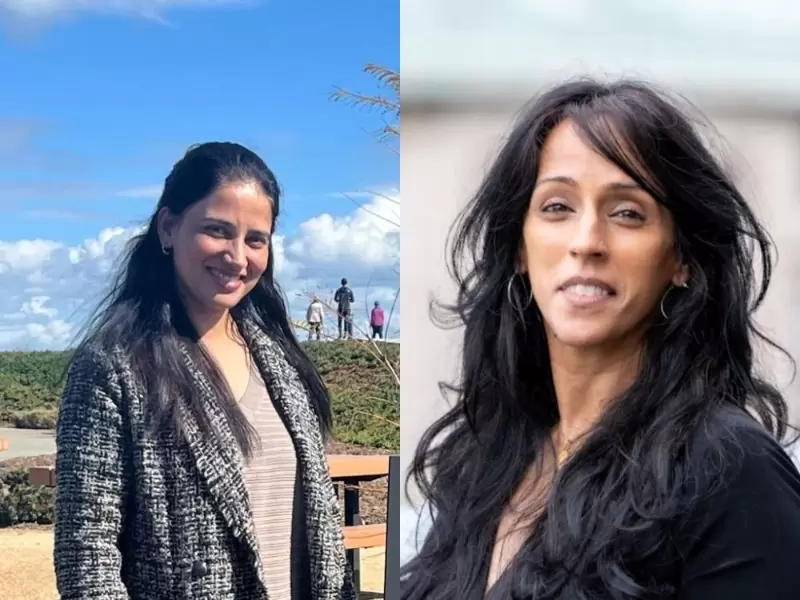
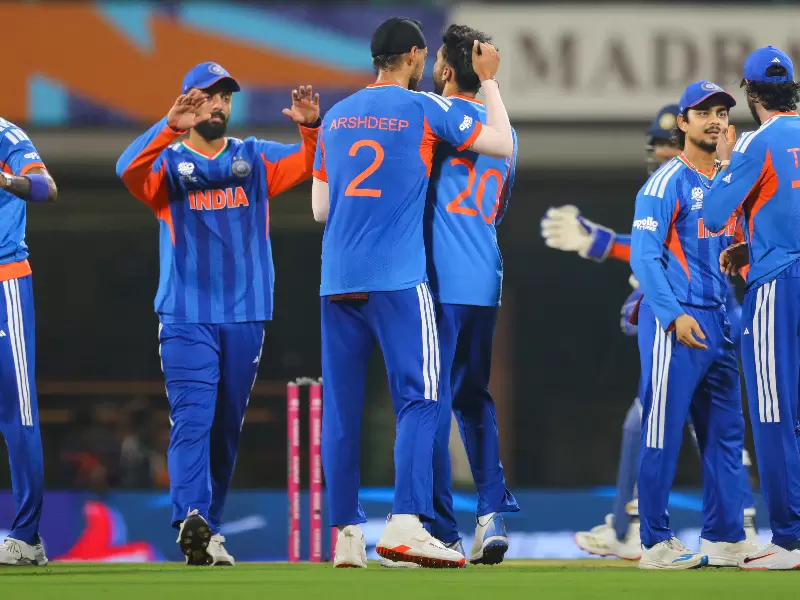
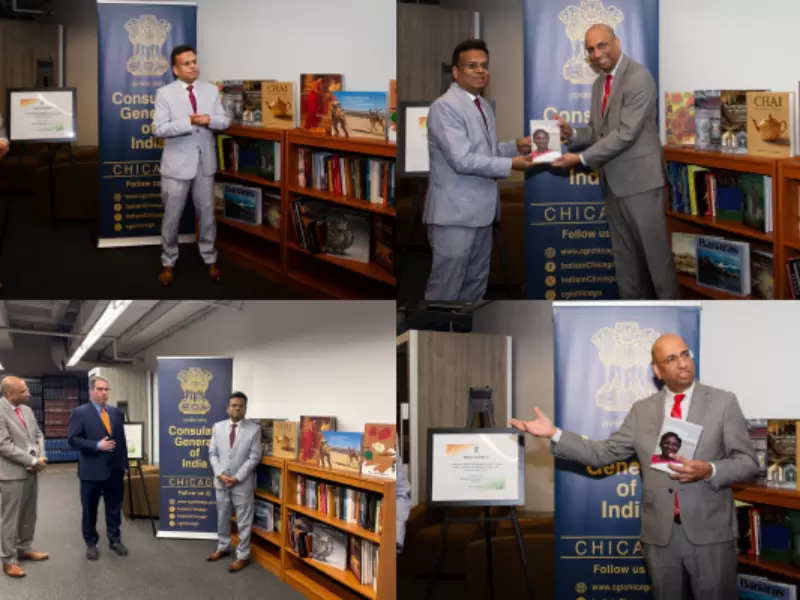
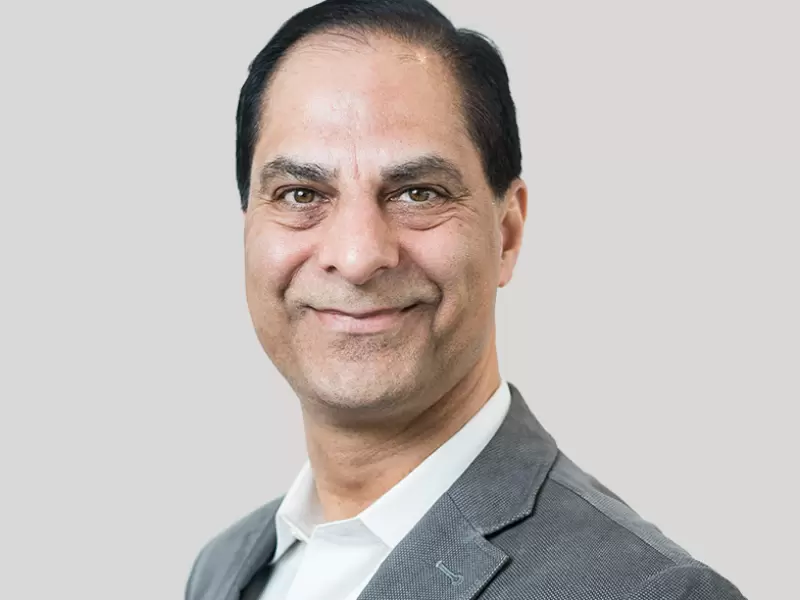
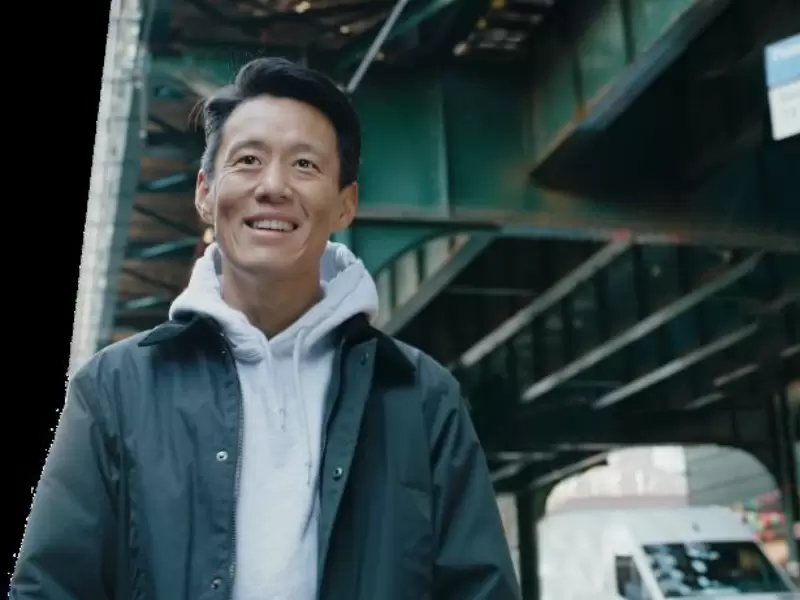
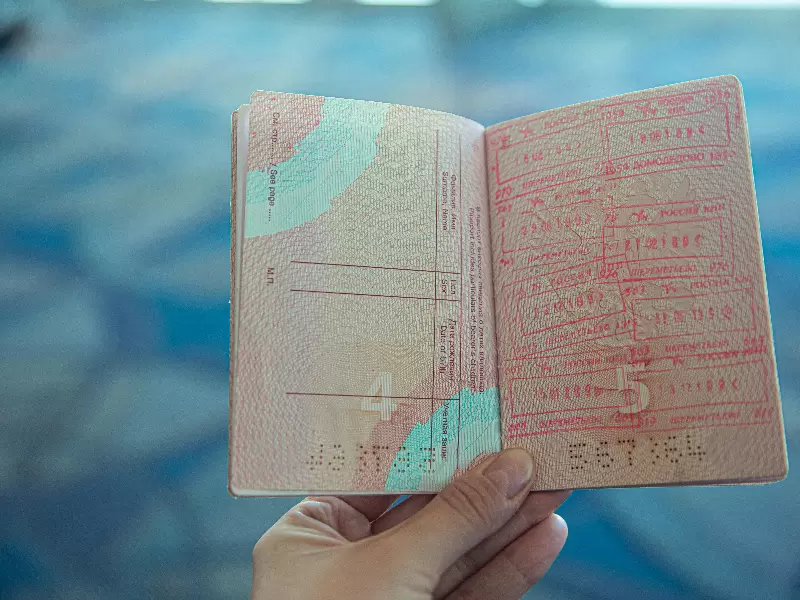

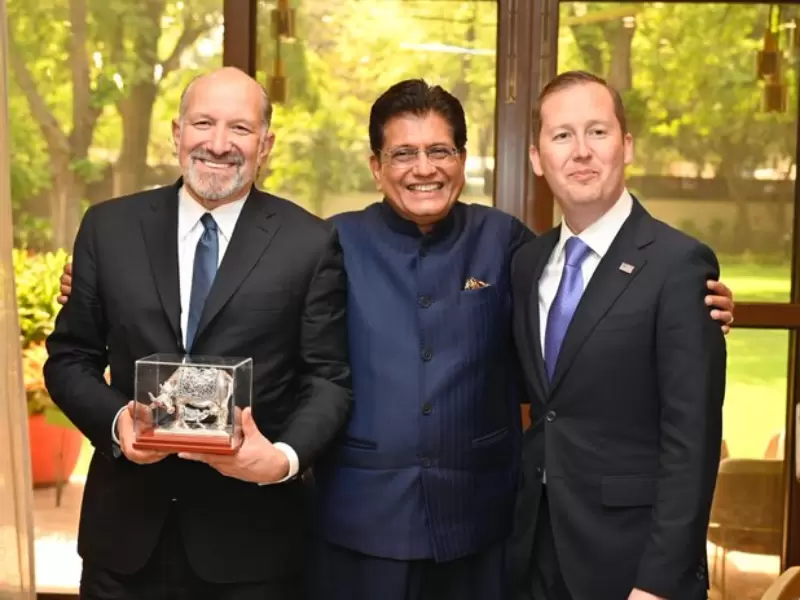






Comments
Start the conversation
Become a member of New India Abroad to start commenting.
Sign Up Now
Already have an account? Login